1. Introduction
Experiencing rapid hair loss can be an emotional rollercoaster. For many, hair is a significant aspect of identity and self-expression, often tied to feelings of beauty and confidence. Therefore, when hair begins to thin or fall out at an alarming rate, it can lead to distress, anxiety, and a profound sense of loss. The reasons for hair loss can vary widely, encompassing everything from genetics to hormonal changes, nutritional deficiencies, and stress.
As individuals navigate this often overwhelming experience, the good news is that there are numerous natural remedies and lifestyle adjustments that may help address the issue. Understanding the underlying causes of hair loss is crucial in developing an effective treatment plan, particularly one that promotes healthy hair growth through natural means.
This article will explore the various natural remedies available for combating rapid hair loss, providing insights into dietary considerations, scalp care, and nutritional support to help individuals regain not only their hair but also their confidence.
2. Understanding Hair Loss
Definition of Rapid Hair Loss
Rapid hair loss, often characterised by the sudden shedding of hair or noticeable thinning, can be distressing. While it is normal to lose some hair daily—typically around 50 to 100 strands—a significant increase in this rate may indicate an underlying issue. Understanding the type of hair loss one is experiencing can provide clarity and direction for pursuing appropriate remedies.
Types of Hair Loss
There are several types of hair loss, each with distinct causes and characteristics:
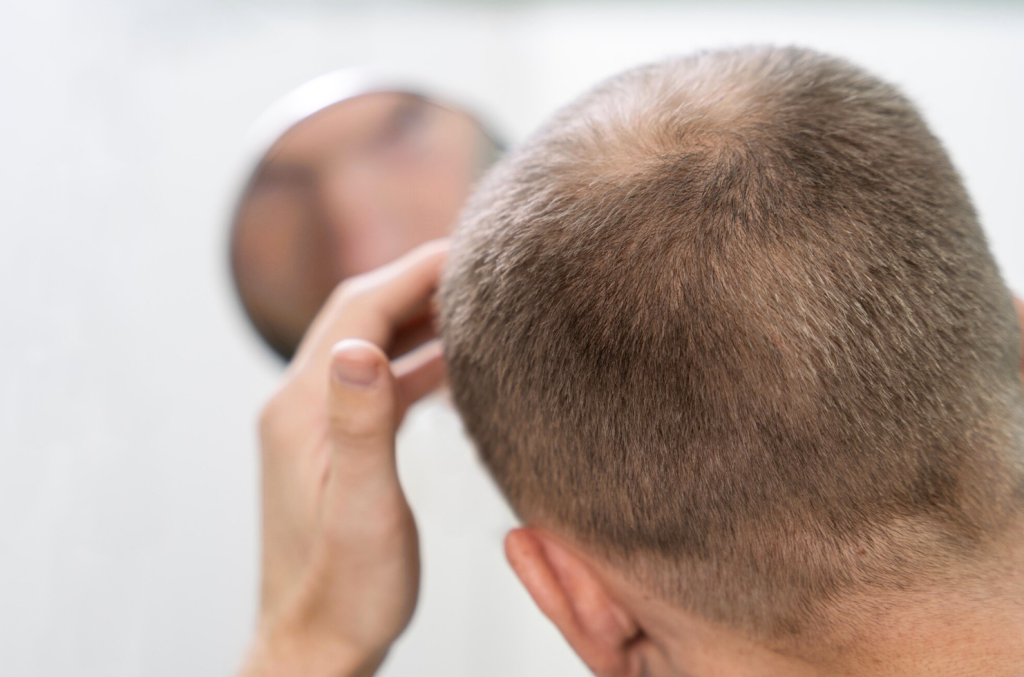
- Androgenetic Alopecia: This hereditary condition is the most common cause of hair loss in both men and women. Often referred to as male or female pattern baldness, it typically begins with a receding hairline or thinning crown. The condition is linked to hormonal changes and genetic predisposition, leading to progressive hair loss.
- Alopecia Areata: An autoimmune disorder that causes sudden hair loss in circular patches. It can affect anyone, regardless of age or gender, and can sometimes lead to total hair loss (alopecia totalis).
- Telogen Effluvium: This temporary condition results from a significant shock to the body, such as surgery, illness, or severe stress, causing a large number of hair follicles to enter the resting phase. It often leads to noticeable shedding, but hair typically regrows once the underlying cause is addressed.
- Traction Alopecia: Often caused by tight hairstyles, such as ponytails or braids, that pull on the hair and strain the follicles. This type of hair loss can be prevented by avoiding overly tight styles.
- Medical Conditions: Various health issues, including thyroid disorders, iron deficiency, and certain skin conditions like psoriasis, can also lead to hair loss. Recognising these conditions is vital in finding effective treatments.
Understanding the type of hair loss one is experiencing is essential for determining the appropriate course of action. It can help guide individuals in choosing the right remedies and lifestyle changes to promote hair health.
3. Nutritional Support: The Foundation of Healthy Hair
Nutrition plays a pivotal role in maintaining healthy hair. A well-balanced diet rich in essential nutrients not only supports hair growth but also improves overall health. Several key nutrients are particularly beneficial for hair strength and vitality.
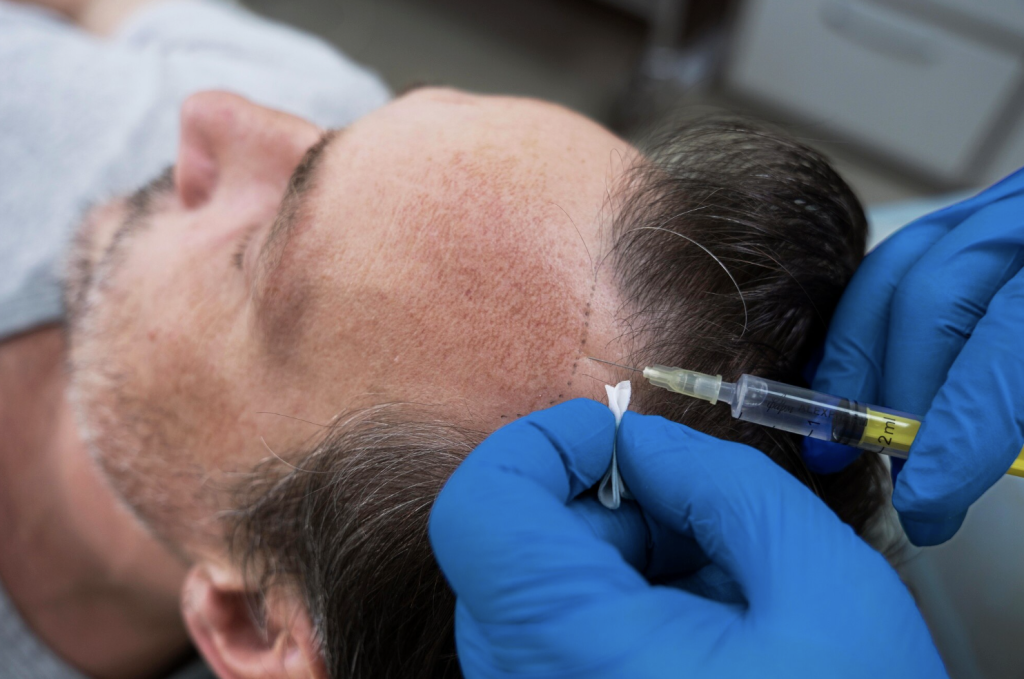
1. Protein
Since hair is primarily composed of a protein called keratin, ensuring adequate protein intake is crucial for healthy hair. Insufficient protein can lead to weak, brittle hair and increased shedding.
- Sources: Lean meats, fish, eggs, dairy products, legumes, nuts, and seeds are excellent protein sources. Incorporating a variety of these foods into your diet can help support hair growth.
2. Iron
Iron is essential for delivering oxygen to hair follicles. A deficiency can lead to hair loss, making it vital to include iron-rich foods in your diet.
- Sources: Red meat, poultry, fish, lentils, spinach, and fortified cereals are rich in iron. Pairing iron-rich foods with vitamin C sources, like citrus fruits, can enhance iron absorption.
3. Omega-3 Fatty Acids
These healthy fats are known for their nourishing properties and can help maintain scalp health. Omega-3 fatty acids support hair growth by providing essential nutrients and reducing inflammation.
- Sources: Fatty fish (such as salmon, mackerel, and sardines), walnuts, flaxseeds, and chia seeds are excellent sources of omega-3s. Including these in your diet can contribute to healthier hair.
4. Vitamins and Minerals
Several vitamins and minerals play crucial roles in hair health:
- Vitamin A: Promotes the production of sebum, an oily substance that moisturises the scalp and keeps hair healthy. Foods rich in vitamin A include carrots, sweet potatoes, and dark leafy greens.
- B Vitamins: B vitamins, particularly biotin, are linked to hair health. Biotin deficiency has been associated with hair loss. Sources include eggs, nuts, seeds, and whole grains.
- Vitamin C: This antioxidant aids in collagen production and improves iron absorption, both of which are essential for hair health. Citrus fruits, strawberries, bell peppers, and broccoli are rich in vitamin C.
- Vitamin E: Known for its ability to improve blood circulation, vitamin E can help nourish hair follicles. Foods like nuts, seeds, avocados, and spinach are good sources of vitamin E.
- Zinc: Important for hair tissue growth and repair, zinc deficiency can lead to hair loss. Foods rich in zinc include oysters, beef, pumpkin seeds, lentils, and chickpeas.
5. Hydration
Staying hydrated is crucial for overall health, including the health of your hair and scalp. Dehydration can lead to dry and brittle hair, making it more prone to breakage. Aim to drink at least eight glasses of water daily to keep your body and hair well-hydrated.

4. Scalp Care: The Importance of a Healthy Scalp
Caring for your scalp is an often-overlooked aspect of promoting hair growth. A healthy scalp creates an optimal environment for hair follicles, allowing hair to flourish. Think of your scalp as the foundation of a house; if it’s not well-maintained, the structure above it can crumble. Here are some natural remedies and practices to keep your scalp in top shape.
1. Scalp Massage
One of the simplest yet most effective methods to promote scalp health is through regular scalp massage. This practice is not only relaxing but also enhances blood circulation to the hair follicles, which can lead to improved hair growth.
- How to Do It: Use your fingertips to apply gentle pressure in circular motions across your entire scalp. Spend about 5 to 10 minutes each day massaging your scalp, focusing on areas where hair is thinning. You can also use a few drops of essential oil, like rosemary or lavender, for added benefits. This not only stimulates blood flow but also infuses your scalp with nourishing oils.
2. Essential Oils
Essential oils have gained popularity for their therapeutic properties, and certain oils can do wonders for your scalp health.
- Rosemary Oil: This oil is known for its ability to stimulate hair follicles. When mixed with a carrier oil (such as coconut or jojoba oil), rosemary oil can be massaged into the scalp. The invigorating scent adds an aromatherapy benefit, making your self-care routine even more enjoyable.
- Peppermint Oil: Known for its cooling effect, peppermint oil can increase blood circulation and promote hair growth. Just remember to dilute it with a carrier oil before applying it to your scalp to avoid irritation.
- Lavender Oil: This calming oil is not only known for its stress-relieving properties but may also promote hair growth. A few drops in your scalp massage routine can turn a simple self-care moment into a relaxing ritual.
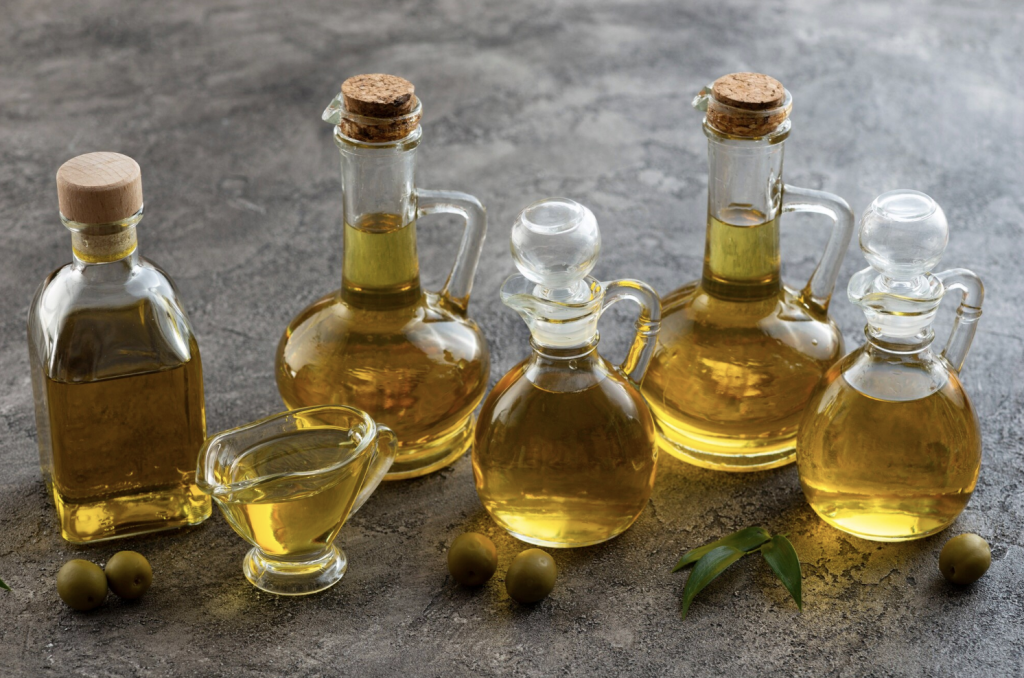
3. Aloe Vera
Aloe vera has long been celebrated for its soothing and healing properties. Its gel-like consistency makes it an ideal natural remedy for your scalp.
- How to Use: Apply fresh aloe vera gel directly to your scalp, gently massaging it in. Leave it on for about 30 minutes before rinsing it out. Aloe vera not only helps soothe irritation but also hydrates your scalp, reducing dandruff and promoting a healthy environment for hair growth.

4. Onion Juice
Though it might sound unusual, onion juice has been linked to increased hair growth due to its high sulfur content, which enhances blood circulation to the scalp.
- How to Use: Grate a fresh onion and extract the juice. Apply the juice directly to your scalp, focusing on areas of thinning hair. Leave it on for about 30 minutes, then wash it out with a mild shampoo. While the smell can be strong, many find the results worthwhile.
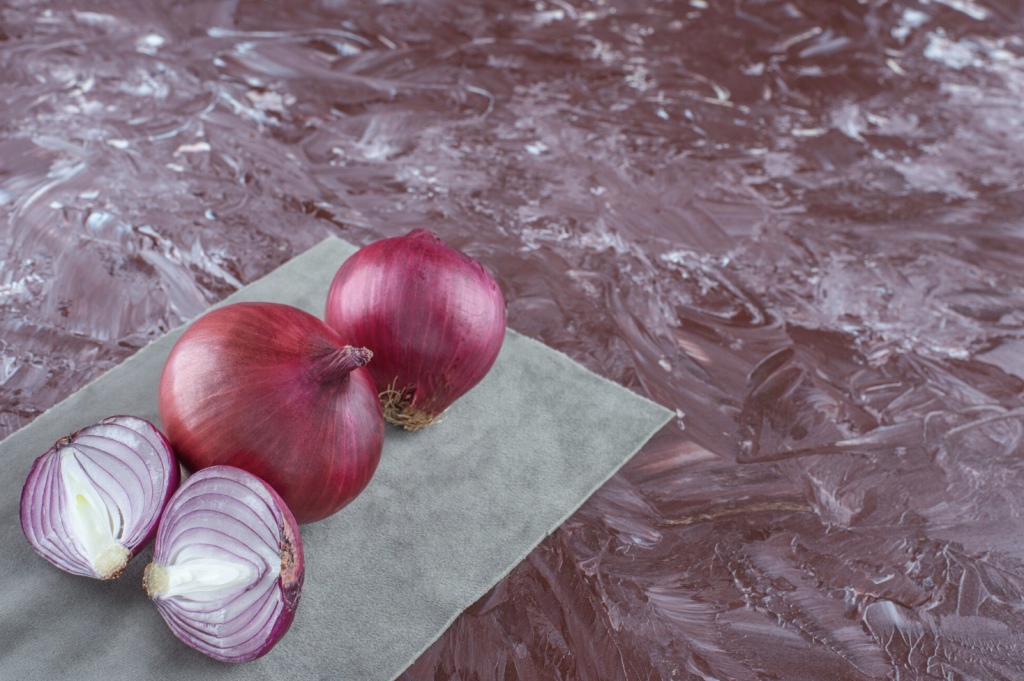
5. Herbal Remedies: Nature’s Healing Power
In addition to scalp care, herbal remedies have been used for centuries to support hair growth and combat hair loss. Here are some powerful herbs to consider incorporating into your hair care routine:
1. Fenugreek Seeds
Fenugreek seeds are a treasure trove of nutrients that can support hair health.
- How to Use: Soak a cup of fenugreek seeds in water overnight. The next day, drain and grind the seeds into a paste. Apply this paste to your scalp and hair, covering it thoroughly. Leave it on for about 30 to 60 minutes before rinsing with water. Fenugreek is rich in protein and nicotinic acid, both known to promote hair growth.
2. Ginseng
Ginseng is another powerful herb that can stimulate hair follicles and promote hair growth.
- How to Use: You can take ginseng supplements or use ginseng-infused oil as a topical treatment. Apply the oil to your scalp and massage it in. The invigorating properties of ginseng not only help your hair but also promote overall well-being.
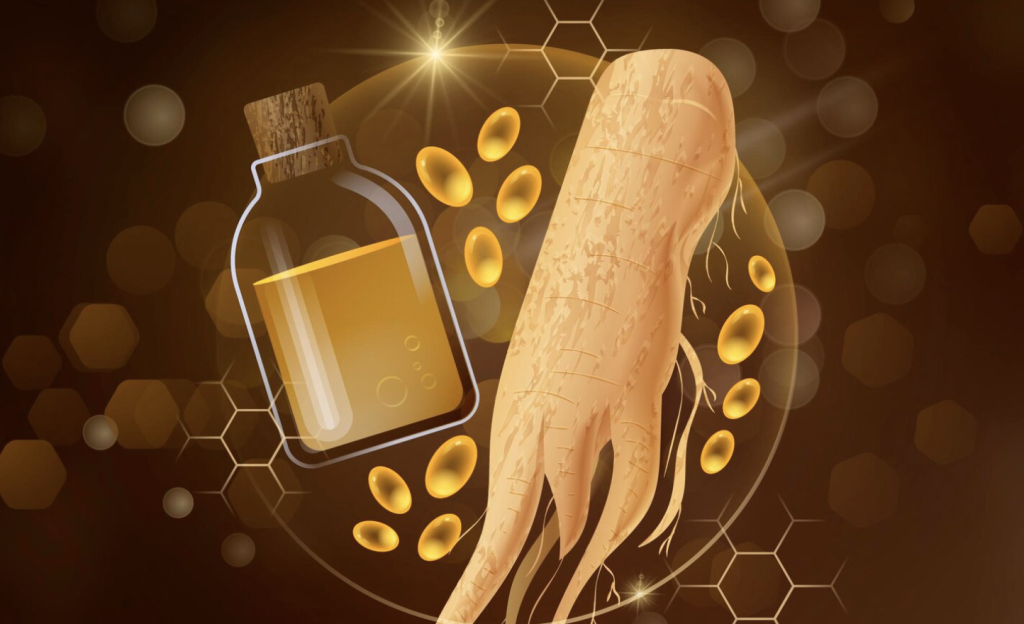
3. Nettle Leaf
Nettle is a commonly overlooked herb that can significantly benefit hair health. Its anti-inflammatory properties may help reduce scalp irritation and improve circulation.
- How to Use: Brew a strong tea using dried nettle leaves and drink it regularly. You can also make a nettle rinse by steeping the leaves in water, allowing it to cool, and using it as a final rinse after shampooing.
4. Green Tea
Green tea is renowned for its health benefits, and it can also play a role in promoting hair growth.
- How to Use: Brew a cup of green tea and let it cool. After washing your hair, use it as a rinse to enhance scalp health. The antioxidants in green tea may help combat hair loss and improve the overall condition of your hair.
6. Lifestyle Changes: The Impact of Stress and Habits
Lifestyle factors significantly influence hair health. Making a few mindful changes can lead to improvements in hair growth and overall well-being.
1. Manage Stress
Stress is a significant contributor to hair loss, and finding effective ways to manage it is essential for maintaining a healthy mane.
- Mindfulness and Meditation: Incorporating mindfulness practices, such as meditation or deep-breathing exercises, can help alleviate stress. Even just taking a few moments each day to focus on your breath can make a difference.
- Yoga and Exercise: Regular physical activity not only boosts your mood by releasing endorphins but also improves blood circulation throughout the body, including the scalp. Consider activities like yoga, walking, or dancing to keep your body moving and your mind clear.
2. Sleep Quality
Quality sleep is critical for overall health, including hair health. When we sleep, our bodies regenerate and repair, which includes our hair follicles.
- Sleep Tips: Aim for 7-9 hours of restful sleep each night. Creating a calming bedtime routine, limiting screen time before bed, and ensuring your sleep environment is comfortable can significantly improve your sleep quality.

3. Avoid Tight Hairstyles
While certain hairstyles can be fashionable, they may contribute to hair loss over time. Tight ponytails, braids, and other styles can put unnecessary strain on hair follicles.
- Recommended Styles: Opt for looser hairstyles that do not pull on your hair. Consider letting your hair down or experimenting with styles that keep your hair off your face without straining the roots.
4. Limit Heat and Chemical Treatments
Excessive use of heat styling tools and harsh chemical treatments can damage hair and lead to breakage.
- Tips for Healthier Hair: Minimise the use of blow dryers, straighteners, and curling irons. When you do use heat, always apply a heat protectant to safeguard your hair. Explore natural hairstyles that do not require heat or harsh chemicals, allowing your hair to thrive in its natural state.
7. Home Remedies: Simple Solutions
Home remedies are often the first step many individuals take when addressing hair loss. They offer a cost-effective and accessible way to incorporate nourishing treatments into your routine. Here are several straightforward and effective home remedies that can help promote hair health.
1. Egg Mask
Eggs are a fantastic source of protein, which is essential for hair strength and growth. An egg mask can help restore shine and nourishment to your hair.
- How to Use: Beat one or two eggs in a bowl and apply the mixture to your scalp and hair. Make sure to cover your hair thoroughly, from roots to tips. Leave it on for about 30 minutes, then rinse with cool water and a mild shampoo. The protein and nutrients in eggs can help fortify your hair and reduce breakage.
2. Coconut Oil
Coconut oil is widely recognised for its numerous benefits for hair health. It is rich in fatty acids that penetrate the hair shaft, reducing protein loss and keeping hair hydrated.
- How to Use: Warm a few tablespoons of coconut oil until it’s melted but not hot. Massage it into your scalp and through your hair, focusing on the ends. Leave it on for at least an hour, or overnight for deeper conditioning, then wash it out with shampoo. Using coconut oil regularly can help maintain moisture and reduce frizz.
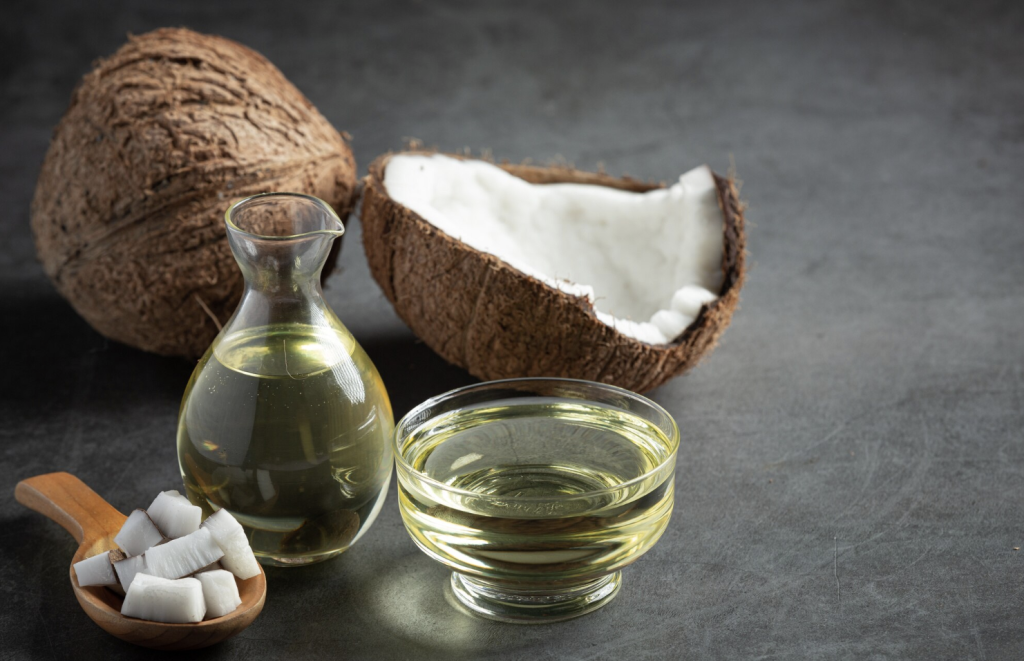
3. Honey and Olive Oil Mask
Combining honey and olive oil creates a powerful moisturizing mask that can restore hair’s natural shine and softness.
- How to Use: Mix equal parts of honey and olive oil in a bowl. Apply the mixture to your hair, ensuring even coverage. Leave it on for about 30-60 minutes, then rinse thoroughly with shampoo. Honey acts as a natural humectant, locking in moisture, while olive oil nourishes the hair.
4. Yoghurt and Honey
This combination is not only delicious but also works wonders for your hair. Yoghurt is rich in protein and probiotics, which can strengthen hair and promote a healthy scalp.
- How to Use: Mix one cup of plain yoghurt with two tablespoons of honey. Apply the mixture to your hair and scalp, massaging it in gently. Leave it on for about 30 minutes before rinsing it out with lukewarm water. This treatment can help add moisture and shine to your hair while also promoting a healthy scalp.
8. When to Seek Professional Help
While natural remedies can be beneficial, it’s essential to recognise when to seek professional help. If you experience significant hair loss or any unusual symptoms, consulting a healthcare professional or dermatologist can provide valuable insights.
Signs That Indicate the Need for Professional Advice
- Sudden and Significant Hair Loss: If you notice large clumps of hair falling out or a sudden change in hair density, it’s crucial to seek advice. Rapid changes can indicate underlying health issues or conditions that need addressing.
- Patches of Baldness: The appearance of bald patches or spots on your scalp can be a sign of conditions like alopecia areata. A professional can provide a proper diagnosis and treatment plan.
- Itching or Redness on the Scalp: Persistent itching, redness, or irritation may indicate a scalp condition, such as dermatitis or a fungal infection. A healthcare professional can prescribe appropriate treatments.
- Other Concerning Symptoms: If you experience other symptoms like fatigue, weight changes, or hormonal imbalances, these may be linked to underlying health issues that require professional evaluation.
Consulting with a dermatologist can help you identify the cause of your hair loss and explore effective treatments tailored to your specific needs. They can also guide you on how to incorporate natural remedies alongside medical treatments.
9. Additional Considerations
As you explore natural remedies for hair loss, here are some additional considerations to keep in mind for a comprehensive approach:
1. Patience is Key
Hair growth is a gradual process, and it’s essential to be patient. Natural remedies often take time to show results, so consistency is vital. Avoid getting discouraged if you don’t see immediate improvements. Stick to your routine, and give your hair the time it needs to respond to the treatments.
2. Avoid Self-Diagnosis
While researching remedies and treatments, it’s easy to fall into the trap of self-diagnosing based on online information. Everyone’s body is different, and what works for one person may not work for another. If you’re uncertain about the cause of your hair loss or which remedies to pursue, it’s best to consult a healthcare professional who can provide accurate guidance based on your specific situation.
3. Complementary Approaches
Combining natural remedies with other treatments can often yield better results. If you’re considering medical options, such as topical treatments or medications, discuss these with your healthcare provider. They can help you create a holistic approach that addresses both the symptoms and underlying causes of hair loss.
4. Maintain a Healthy Lifestyle
In addition to the remedies and treatments mentioned, maintaining a healthy lifestyle can significantly impact your hair health. Regular exercise, a balanced diet, and adequate sleep contribute to overall well-being, which in turn supports hair growth. Focus on holistic health, as every aspect of your life can influence your hair.
10. Conclusion
Addressing rapid hair loss can feel overwhelming, but by understanding the underlying causes and exploring natural remedies, individuals can take proactive steps towards healthier hair. From nurturing your scalp with essential oils and massages to incorporating nutrient-rich foods into your diet, there are numerous avenues to explore.
While home remedies can be effective, it’s essential to recognise when professional help is necessary. Signs of significant hair loss or changes should prompt a visit to a healthcare professional who can provide tailored advice.
Remember that patience and consistency are crucial in the journey to healthier hair. Embrace the process, and celebrate small victories along the way. With dedication and the right approach, it’s possible to reclaim your confidence and enjoy the fullness of healthy, vibrant hair.
FAQs on Myths and Truths about Hair Loss Remedies
- Q: Can massaging my scalp really promote hair growth?
- A: Yes, scalp massage can improve blood circulation to hair follicles, potentially promoting hair growth. However, it should be combined with other treatments for best results.
- Q: Does onion juice actually help with hair loss?
- A: Yes, onion juice contains sulfur, which can improve circulation and nourishment to hair follicles. Many users report positive results, though it may not work for everyone.
- Q: Is there scientific evidence supporting the use of essential oils for hair growth?
- A: Some studies suggest that essential oils like rosemary and peppermint can stimulate hair growth. However, more extensive research is needed to confirm these effects.
- Q: Will coconut oil cause my hair to grow faster?
- A: While coconut oil helps reduce protein loss and improve moisture retention, it doesn’t directly stimulate hair growth. However, it can enhance hair health overall.
- Q: Are all herbal remedies safe for hair growth?
- A: Not all herbal remedies are safe for everyone. It’s essential to research and, if possible, consult a healthcare professional before using them, especially if you have allergies or existing health conditions.
- Q: Can I rely solely on home remedies to treat hair loss?
- A: Home remedies can be beneficial, but they may not address underlying medical issues. Consulting a healthcare professional is advisable for severe hair loss.
- Q: Is biotin the magic solution for hair loss?
- A: Biotin can support hair health, especially in individuals with a deficiency. However, it’s not a guaranteed cure for hair loss and works best as part of a balanced diet.
- Q: Can I stop hair loss by applying yogurt to my hair?
- A: Yogurt is rich in protein and can nourish the hair, but it won’t stop hair loss by itself. It can be part of a broader hair care routine.
- Q: Do tight hairstyles lead to permanent hair loss?
- A: Yes, tight hairstyles can cause traction alopecia, leading to hair loss. Avoiding overly tight styles is essential for maintaining healthy hair.
- Q: Can I use apple cider vinegar to promote hair growth?
- A: Apple cider vinegar can help balance scalp pH and remove product buildup, potentially promoting a healthier environment for hair growth. However, it should be diluted before use.
- Q: Does stress really contribute to hair loss?
- A: Yes, chronic stress can lead to hair loss conditions like telogen effluvium. Managing stress through relaxation techniques can help mitigate its effects.
- Q: Are hair growth shampoos effective?
- A: Many shampoos claim to promote hair growth, but their effectiveness varies. Look for products with proven ingredients like minoxidil or biotin.
- Q: Is it true that drinking more water can improve hair health?
- A: Staying hydrated is crucial for overall health, including hair health. While drinking water alone won’t prevent hair loss, it can improve the condition of your hair.
- Q: Can hair growth be stimulated by dietary changes alone?
- A: Dietary changes can significantly impact hair health, but they may not completely stop hair loss. A balanced diet rich in vitamins and minerals supports hair growth.
- Q: Is it a myth that frequent haircuts can make hair grow faster?
- A: This is a myth. Haircuts do not affect the rate of hair growth. However, trimming can prevent split ends and breakage, making hair appear healthier.
- Q: Can I use herbal teas to help with hair loss?
- A: Herbal teas, such as green tea, may support hair health due to their antioxidant properties, but they should not be relied upon as the sole treatment for hair loss.
- Q: Is it true that natural remedies take a long time to show results?
- A: Yes, many natural remedies require consistent use over several weeks or months to see results. Patience is essential when trying new treatments.
- Q: Are there any risks associated with using essential oils for hair loss?
- A: Yes, essential oils can cause allergic reactions or skin irritation in some individuals. Always perform a patch test before widespread use.
- Q: Does a healthy diet alone cure hair loss?
- A: A healthy diet can improve hair health and may reduce hair loss, but it may not address all underlying causes. A holistic approach is often needed.
- Q: Which remedies are the easiest to try at home?
- A: Scalp massage, coconut oil treatments, and simple masks made from eggs, yoghurt, or honey are all easy to try at home and require minimal ingredients.
Summary of Effective Remedies
While many remedies exist, the effectiveness varies from person to person. Here are a few that are generally considered to be both effective and easy to try:
- Scalp Massage: Simple and accessible, it can be done daily to stimulate blood flow.
- Coconut Oil: Widely available and easy to apply, it helps moisturise and strengthen hair.
- Egg Mask: Provides protein directly to the hair, making it an easy at-home treatment.
- Onion Juice: Though it has a strong smell, many find it effective for stimulating hair growth.
- Essential Oils: A few drops mixed with a carrier oil can be easily incorporated into a massage routine.
- Yoghurt and Honey Mask: Nourishing and easy to make, this mask can improve moisture and shine.
Choosing remedies that resonate with you and are easy to incorporate into your routine can yield positive results in your journey to healthier hair. If you’re uncertain, consider consulting with a healthcare professional to find the most suitable approach for your needs.
